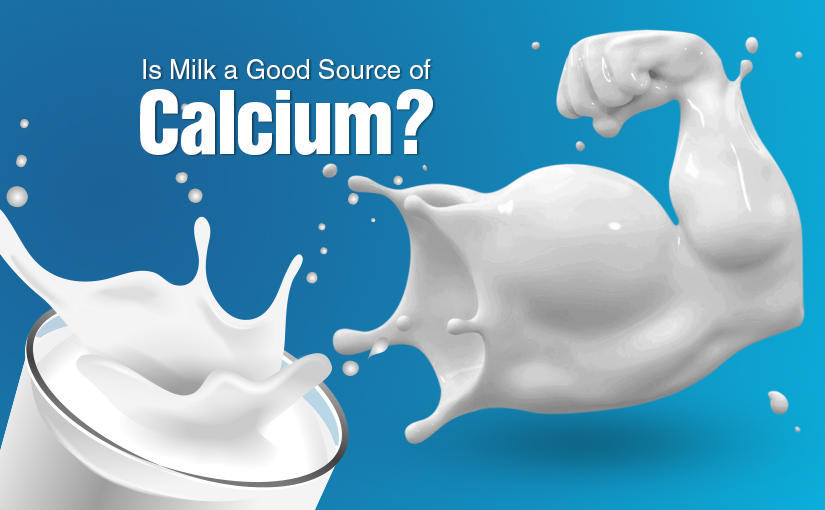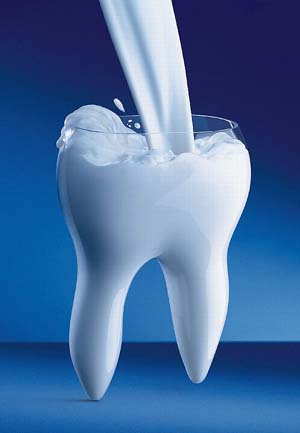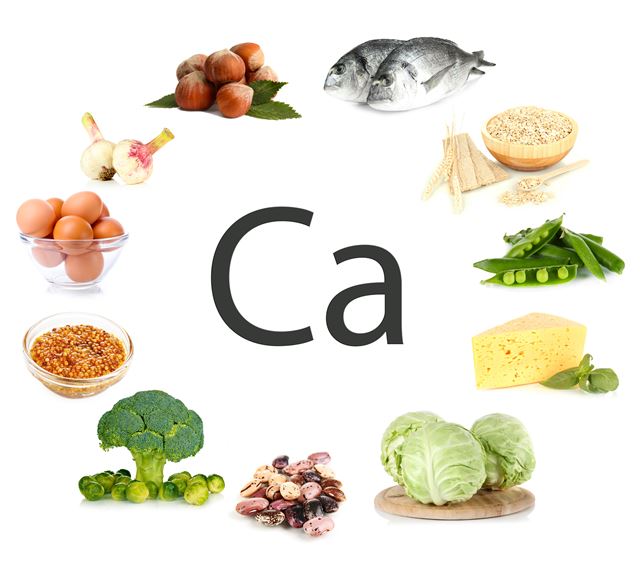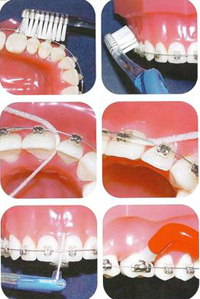
Strong teeth and bones are important for overall health.
One important factor in keeping bones and teeth strong and healthy is calcium.
Calcium is a mineral and is one of the most abundant in the body.
It can also be found in certain foods and is added to others. Calcium is also added to vitamins and other dietary supplements as it is such an important mineral that the body needs.
Almost all of the calcium found in the human body is stored in the bones and teeth. In addition to strengthening teeth and bones, calcium is also important for the body’s blood vessels, muscles, and fluids. Calcium works to help blood vessels and muscles function properly.
Having enough calcium is important for people of all ages contrary to some beliefs. Babies and young children need calcium to develop strong teeth and bones while adults need calcium to maintain healthy teeth and a strong skeleton. Unfortunately, a large number of Americans do not get the amount of calcium that is recommended. Being deficient in calcium can lead to an increased risk of osteoporosis, which causes the bones to weaken, making them break more easily.

Osteoporosis does not just affect bones, it can also affect teeth as it can cause the jaw bone to become weak. The jaw bone is basically an anchor for your teeth so if it becomes damaged, it is more likely that teeth will loosen and possibly fall out. Women in particular, are three times more likely to lose their teeth if they have osteoporosis than those with healthy bones.
Not everyone needs the same amount of calcium. The National Academy of Sciences recommends different dietary intakes based on gender and age. For instance children and pregnant women need more calcium than adults.
Calcium Deficiency Symptoms 
Calcium deficiency symptoms can vary widely—ranging from nonexistent or mild to severe and life-threatening. Chronic untreated calcium deficiency can cause many severe consequences, including rickets, osteopenia, and osteoporosis. However, even though calcium deficiency may not be associated with any symptoms, especially early on, metabolic alterations or potential dysfunctions have already occurred.[4]
Low blood calcium levels and the lack of calcium may lead to the following low calcium symptoms:
- Fainting
- Heart failure
- Chest pains
- Numbness and tingling sensations around the mouth or in the fingers and toes
- Muscle cramps, particularly in the back and legs; may progress to muscle spasm ( tetany)
- Wheezing
- Difficulty swallowing
- Voice changes due to spasm of the larynx
- Irritability, impaired intellectual capacity, depression, anxiety, and personality changes
- Fatigue
- Seizures
- Coarse hair
- Brittle nails
- Psoriasis
- Dry skin
- Chronic itching
- Tooth decay
- Numbness or tingling in the extremities
- Muscle weakness
- Cataracts
- Osteoporosis symptoms (backache; a gradual loss of height and an accompanying stooped posture; fractures of the spine, wrist, or hip)
If your doctor suspects that you have a calcium deficiency, he or she may recommend blood testing. Check our our article, “A Calcium Deficiency Test Can be a Heads Up for Risk Factors” for details.
How to Increase Calcium Intake 
If you experience low calcium in blood symptoms, try to get the majority of your calcium from food sources (see our post “Calcium-Rich Food: Tasty Choices Are Easy to Find“). While dairy is a concentrated source of calcium, other components in dairy make it a poor choice for maintaining bone health.
Instead, opt for foods high in calcium; examples: salmon and sardines canned with bones, kale, collards, broccoli, mustard greens, turnip greens, bok choy, and sesame seeds. For calcium supplements, choose calcium citrate or calcium citrate malate, and take it in at least two divided doses with meals for the best absorption.









